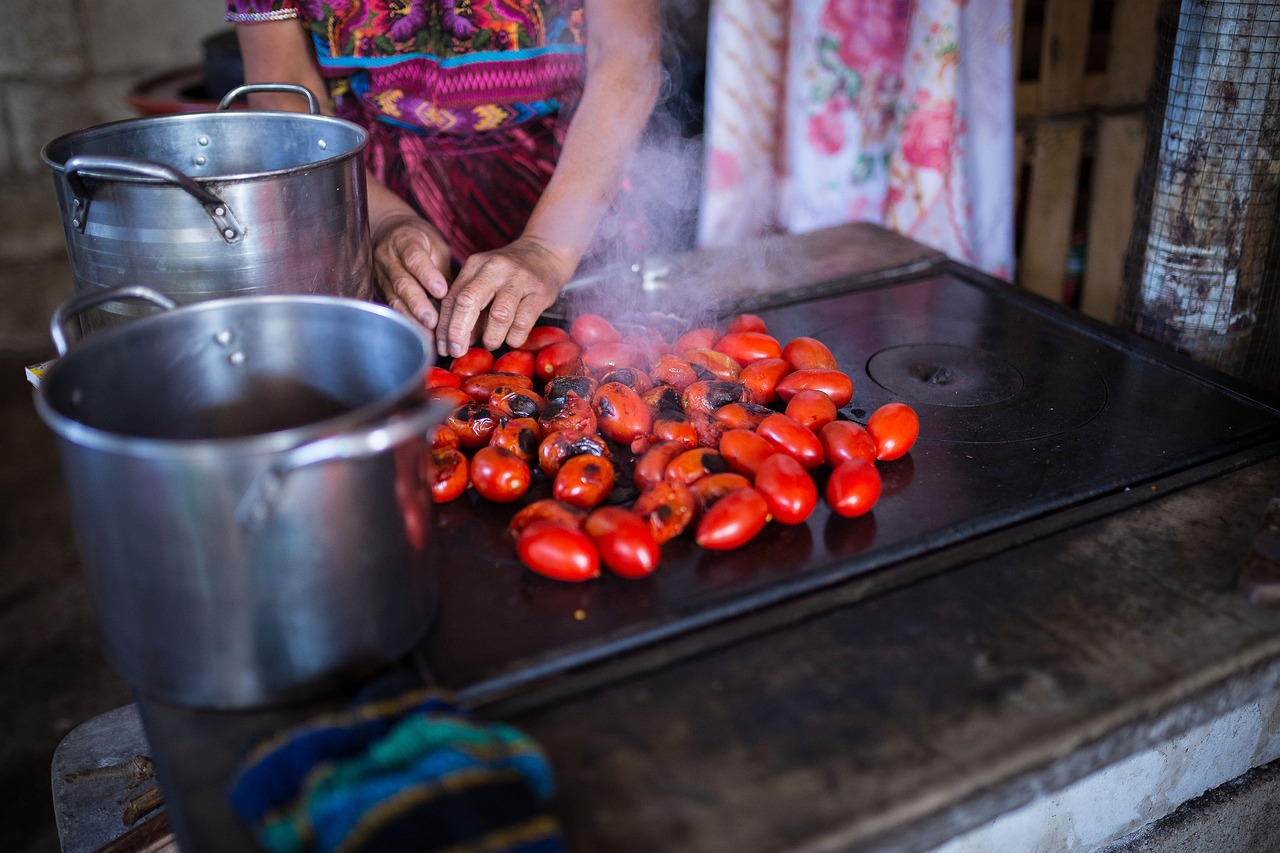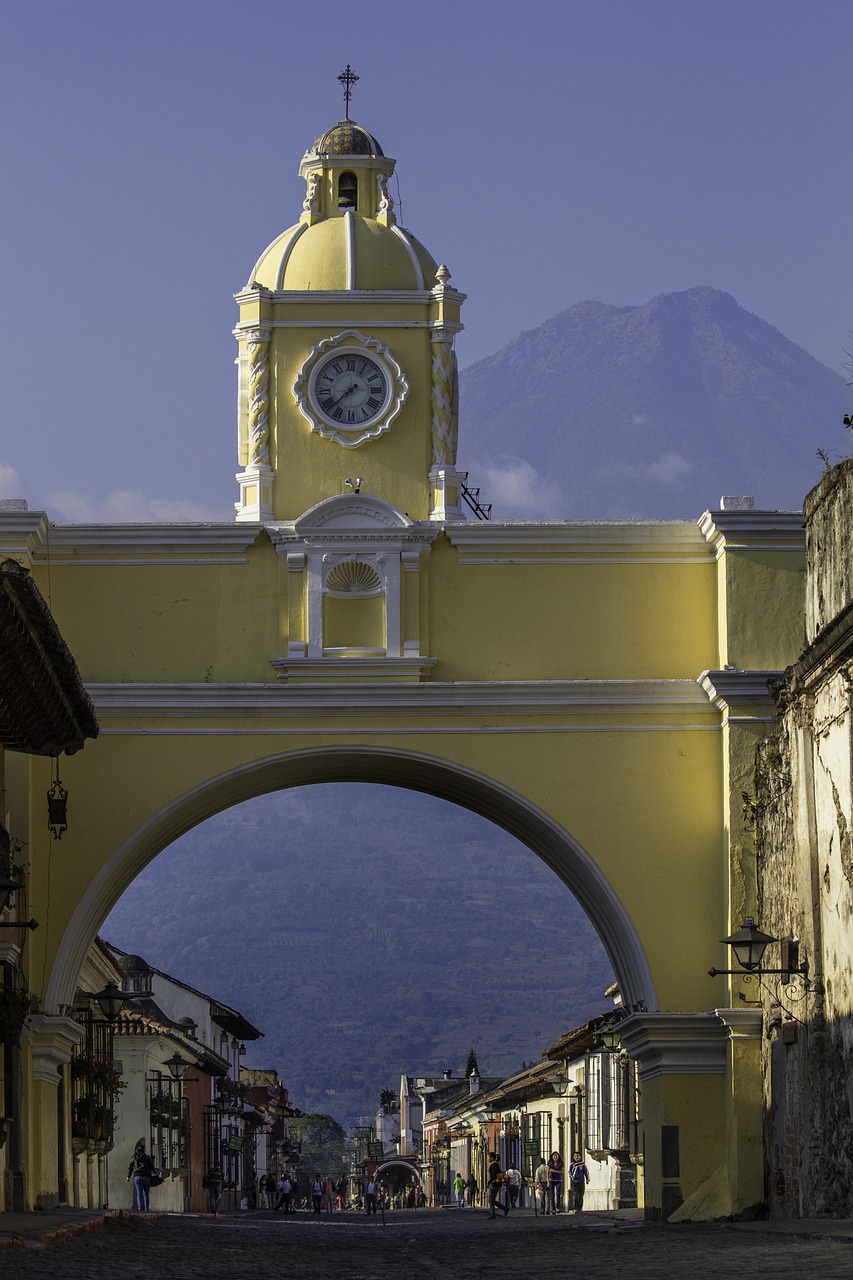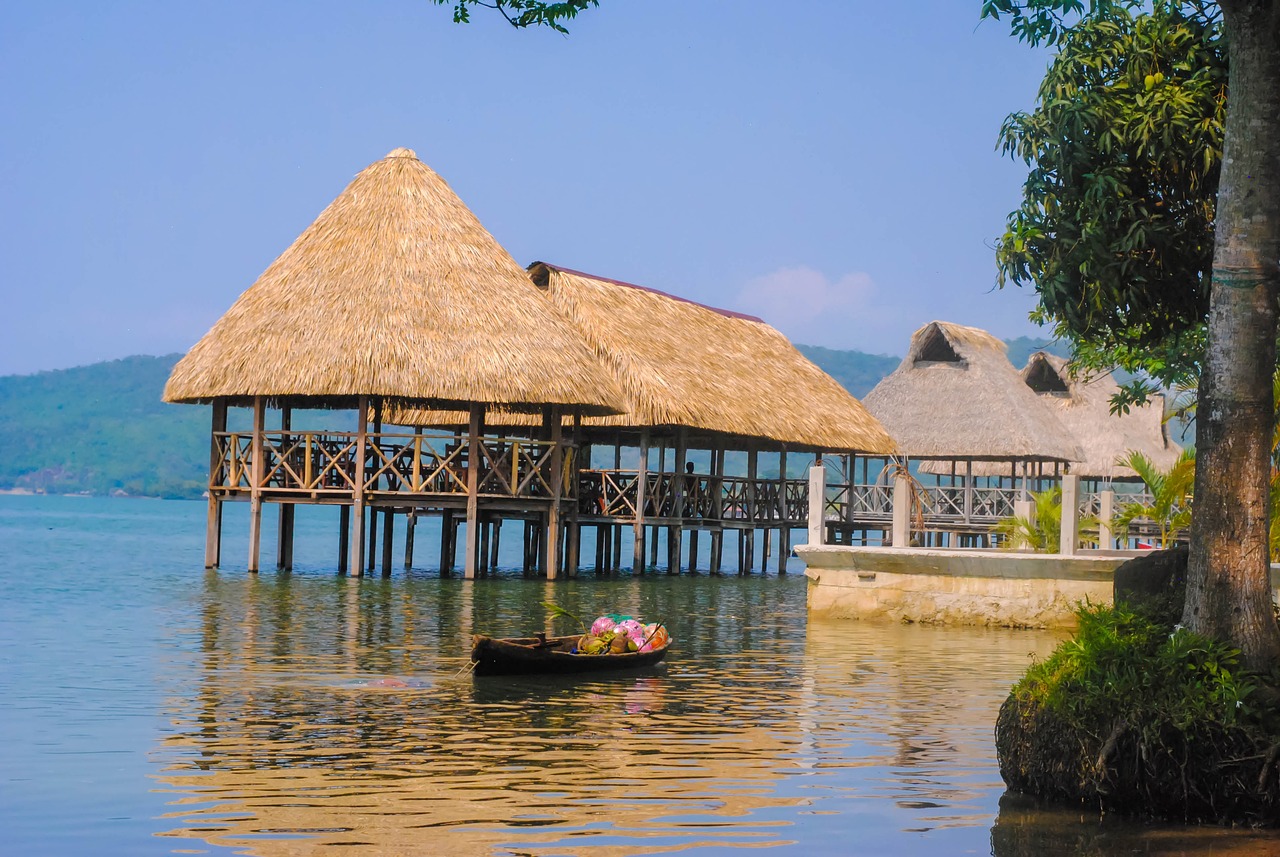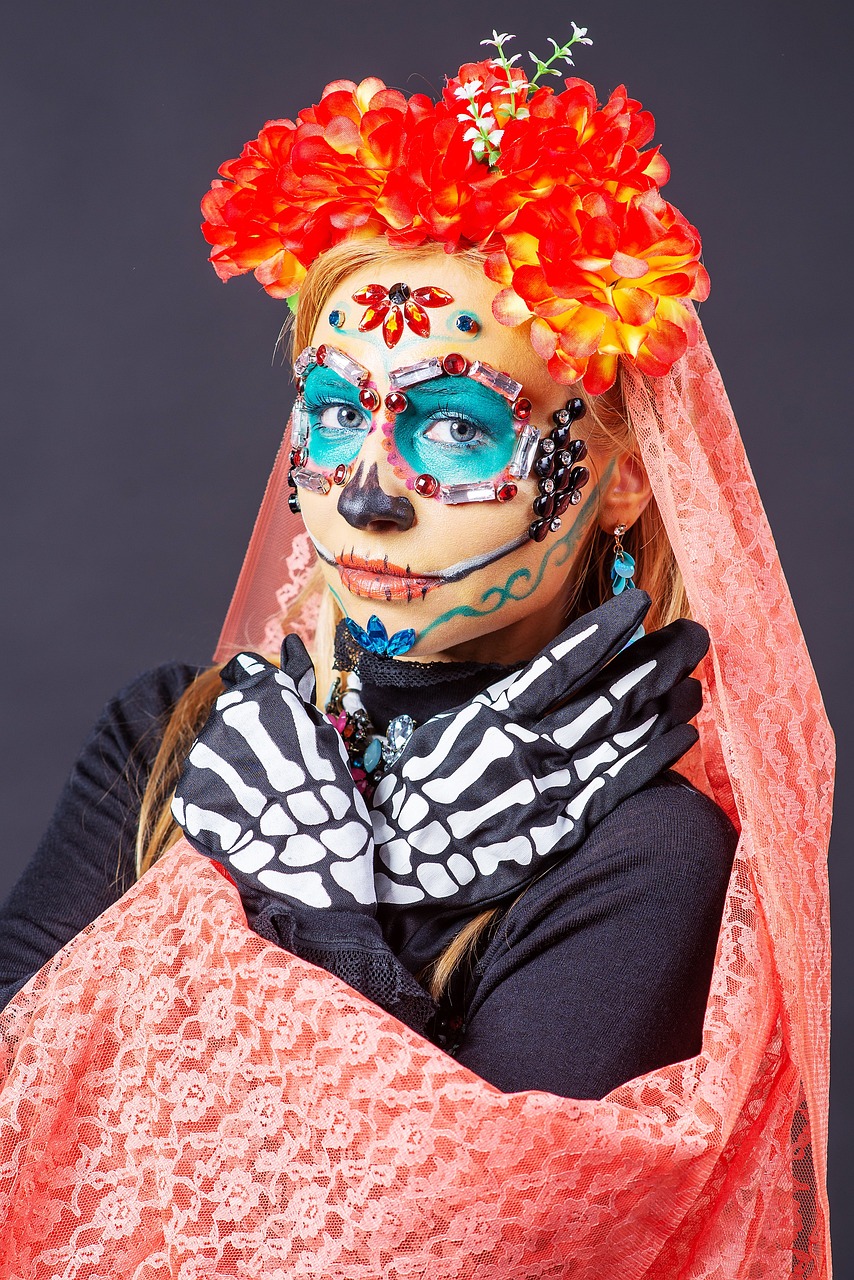Guatemala Video
Cultural Sensitivities: Understanding Local Norms in Guatemala
Guatemala is a country rich in culture and traditions. When visiting this beautiful Central American nation, it is essential to be aware of and respect the local norms and customs. Understanding cultural sensitivities will not only help you have a more meaningful experience but also ensure that you do not unintentionally offend the locals. In this article, we will explore various aspects of cultural sensitivities in Guatemala and provide insights into the local norms that you should be aware of.
Language and Communication
Guatemala is a multilingual country with Spanish being the official language. While many Guatemalans also speak indigenous languages such as K’iche’, Kaqchikel, and Mam, it is advisable to learn some basic Spanish phrases to communicate effectively. Additionally, using polite greetings like “buenos días” (good morning), “buenas tardes” (good afternoon), and “buenas noches” (good evening) is highly appreciated.
- Non-verbal Communication: Non-verbal communication plays a significant role in Guatemala. Maintaining eye contact while speaking is considered respectful and attentive. However, prolonged eye contact may be seen as confrontational, so strike a balance. Additionally, physical contact like handshakes and hugs is common, especially among friends and family.
- Personal Space: Guatemalans generally have a smaller personal space compared to some other cultures. It is common for people to stand closer to each other during conversations. Respect personal boundaries but be prepared for a closer proximity than you may be accustomed to.
- Use of Titles: It is customary to address people with their titles, such as “Señor” (Mr.), “Señora” (Mrs.), or “Doctor” (Doctor). Using titles shows respect and is considered polite.
Social Etiquette and Customs
Guatemalan society has its own set of social norms and customs. Being aware of these practices will help you navigate social interactions with ease and respect.
- Punctuality: Guatemalans have a more relaxed attitude towards punctuality. It is common for social gatherings to start later than the specified time. However, it is still advisable to arrive on time for business meetings and formal events.
- Respecting Elders: Respect for elders is deeply ingrained in Guatemalan culture. It is customary to greet older individuals first and show deference to their opinions and wisdom.
- Gift Giving: When invited to someone’s home, it is customary to bring a small gift as a token of appreciation. Flowers, chocolates, or a bottle of wine are common choices. Avoid giving sharp objects like knives, as they symbolize cutting ties.
Religious Practices
Religion plays a significant role in the lives of many Guatemalans, with the majority of the population identifying as Roman Catholic. Understanding and respecting their religious practices is crucial when visiting Guatemala.
- Catholic Traditions: Guatemala has a rich Catholic heritage, and religious festivals and processions are an integral part of the culture. Respect the sanctity of these events and avoid interrupting or causing disturbances.
- Dress Code: When visiting churches or religious sites, dress modestly and appropriately. Women should cover their shoulders and avoid wearing revealing clothing.
- Religious Artifacts: Treat religious artifacts, such as statues and paintings, with reverence. Avoid touching them unless explicitly permitted.
Cuisine and Dining Etiquette
Guatemalan cuisine is diverse and influenced by Mayan, Spanish, and African flavors. When dining in Guatemala, keep the following in mind:
- Table Manners: Elbows on the table are considered impolite. It is customary to wait for the host to start eating before you begin your meal. Refrain from blowing your nose at the table.
- Sharing Food: Guatemalan meals often involve sharing dishes. Be mindful of others and take only what you need. It is considered polite to leave some food on your plate to indicate that you are satisfied.
- Special Dietary Restrictions: If you have any dietary restrictions or allergies, communicate them clearly to your host or the restaurant staff. Guatemalans are accommodating and will try their best to cater to your needs.
Traditional Attire
Guatemala is known for its vibrant and colorful traditional attire, which varies across different regions and indigenous communities. It is essential to respect and appreciate the significance of these garments.
- Mayan Textiles: The Mayan communities in Guatemala have a rich textile tradition. Each pattern and design holds cultural and symbolic meanings. Avoid wearing traditional Mayan clothing unless you have explicit permission to do so.
- Photography: When taking photographs of people in traditional attire, always seek their consent first. Respect their privacy and cultural sensitivity.
- Artisan Markets: Guatemala’s artisan markets are a treasure trove of traditional textiles and crafts. Bargaining is common, but do so respectfully and without demeaning the artisans’ work.
Guatemala Image 1:

Gender Roles and Etiquette
Gender roles in Guatemala may differ from what you are accustomed to. Understanding the local customs will help you navigate social interactions respectfully.
- Machismo Culture: Guatemala has a traditional machismo culture, where men are often seen as the primary decision-makers. Be mindful of this cultural dynamic and treat both men and women with respect.
- Modesty: Guatemalan society generally has conservative views on dress and behavior. Dress modestly and avoid public displays of affection.
- Gender Equality: Despite traditional gender roles, Guatemala is making strides towards gender equality. Respect women’s rights and support initiatives that promote gender inclusivity.
Guatemala Image 2:

Environmental Awareness
Guatemala is blessed with natural beauty, including lush rainforests, volcanoes, and pristine lakes. Being environmentally conscious during your visit is essential to preserve these natural wonders.
- Responsible Tourism: Respect the environment by not littering and following designated trails while hiking. Choose eco-friendly accommodations and support local initiatives that promote sustainable tourism.
- Conservation: Many areas in Guatemala are protected nature reserves. Follow guidelines and regulations set by authorities to protect the flora and fauna.
- Water Conservation: Guatemala faces water scarcity, especially in rural areas. Use water sparingly and avoid wasting it.
Traditional Celebrations
Guatemala is known for its vibrant and colorful celebrations throughout the year. Participating in these festivities can provide a deeper understanding of the local culture.
- Semana Santa: Holy Week, leading up to Easter, is a significant religious celebration in Guatemala. Witness the elaborate processions and immerse yourself in the cultural traditions.
- Independence Day: On September 15th, Guatemala celebrates its independence from Spain. Enjoy the parades, fireworks, and traditional dances that showcase the country’s patriotism.
- Day of the Dead: November 1st and 2nd mark the Day of the Dead, where Guatemalans honor their deceased loved ones. Visit cemeteries and witness the colorful altars adorned with flowers and offerings.
Guatemala Image 3:

Conclusion
By understanding and respecting the cultural sensitivities and local norms in Guatemala, you can have a more immersive and enjoyable experience. Remember to be open-minded, embrace the diversity, and always ask for guidance when unsure. Guatemala’s rich heritage and warm hospitality await those who approach with cultural sensitivity.
References
– National Geographic: www.nationalgeographic.com
– Lonely Planet: www.lonelyplanet.com
– Guatemala Tourism Board: www.visitguatemala.com


